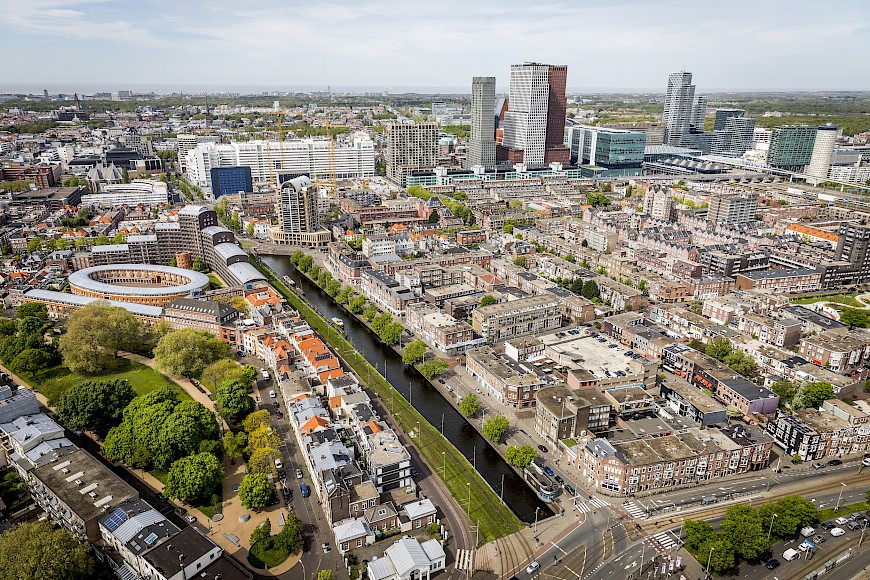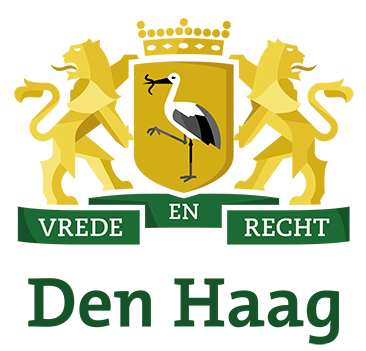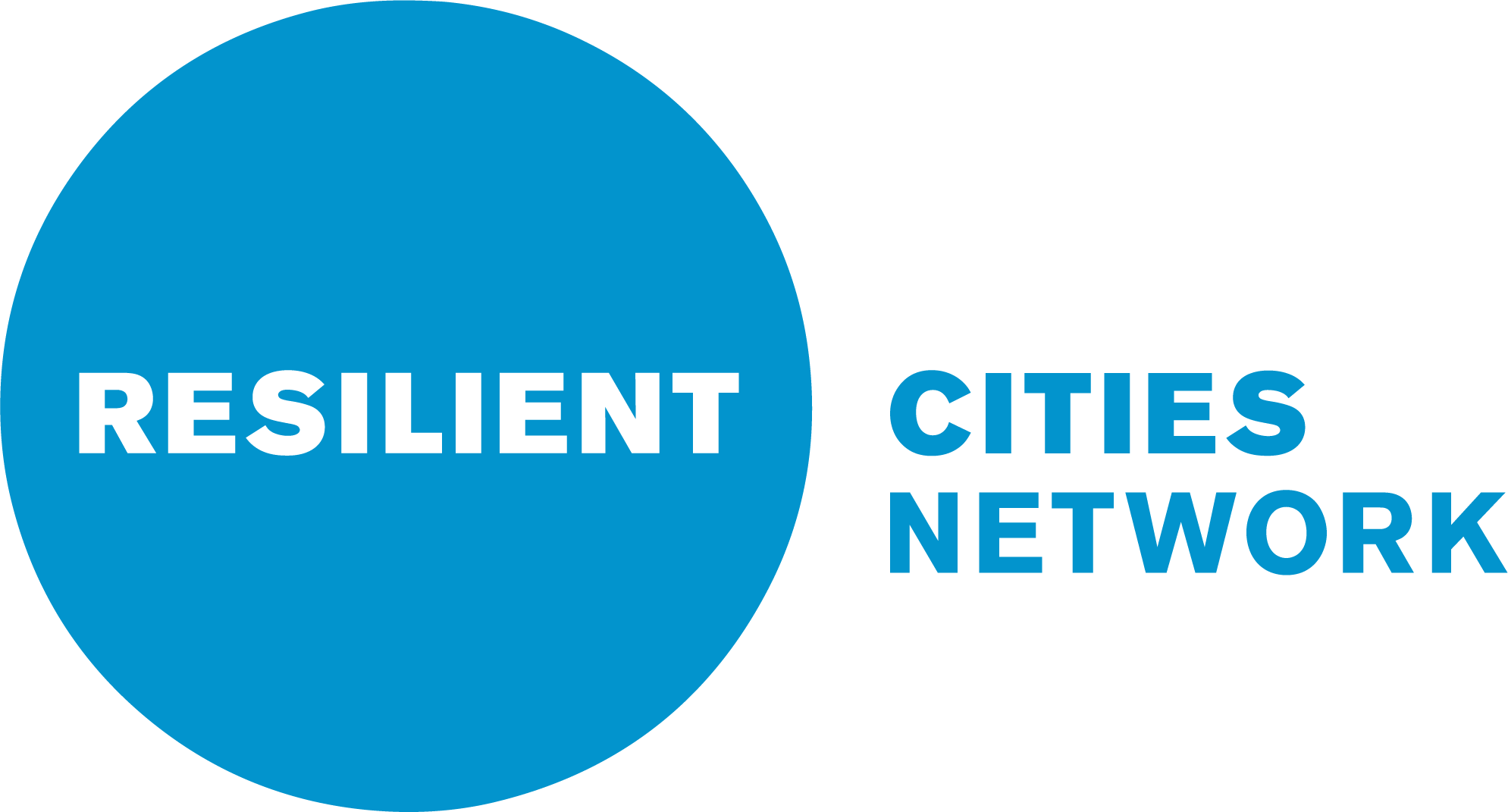
Like most other cities in The Netherlands, The Hague has experienced a drop in registered and reported crime. Feelings of safety and security have also improved in recent years. While appreciating these positive trends, we must also recognise there are types of crime that are less visible but still disruptive to society. Think of money laundering, cannabis cultivation and fraudulent businesses. Criminal money flowing into the regular economy can compromise the business climate, as well as While appreciating these positive trends, we must also recognise there are types of crime that are less visible but still disruptive to society. Think of money laundering, cannabis cultivation and fraudulent businesses. Criminal money flowing into the regular economy can compromise the business climate, as well as harm institutions and networks that underpin our resilience, such as social networks and the criminal justice system. These practices are hard to detect and their effects are even harder to reverse. The Hague Economic Intervention Team (HEIT) is an effective response to these challenges. The main task of the team is to detect and end fraudulent business activities and abuses related to prostitution.
The HEIT methodology has two pillars:
1. A multi-stakeholder approach, joining the authorisations, competence and expertise of various partners from the local and national government.
2. The administrative approach, which allows immediate inspections and rapid interventions while still leading to substantial measures for the offenders.
Each year the HEIT performs hundreds of inspections. The visibility of the inspections is a key tool for encouraging compliance – they communicate that the city of The Hague does not tolerate activities that weaken our social fabric.
Lead and partners:
The HEIT is a collaboration between various network partners, such as the Dutch Tax Authorities, the Social Affairs and Employment Inspectorate, Dutch Customs, the police and various departments of the city of The Hague and 27 other municipalities in the region. Depending on the situation, HEIT may also involve other parties such as energy companies, the Dutch Food and Consumer Product Safety Authority (NVWA), Environmental Services and the Dutch Forensic Institute (NFI).

